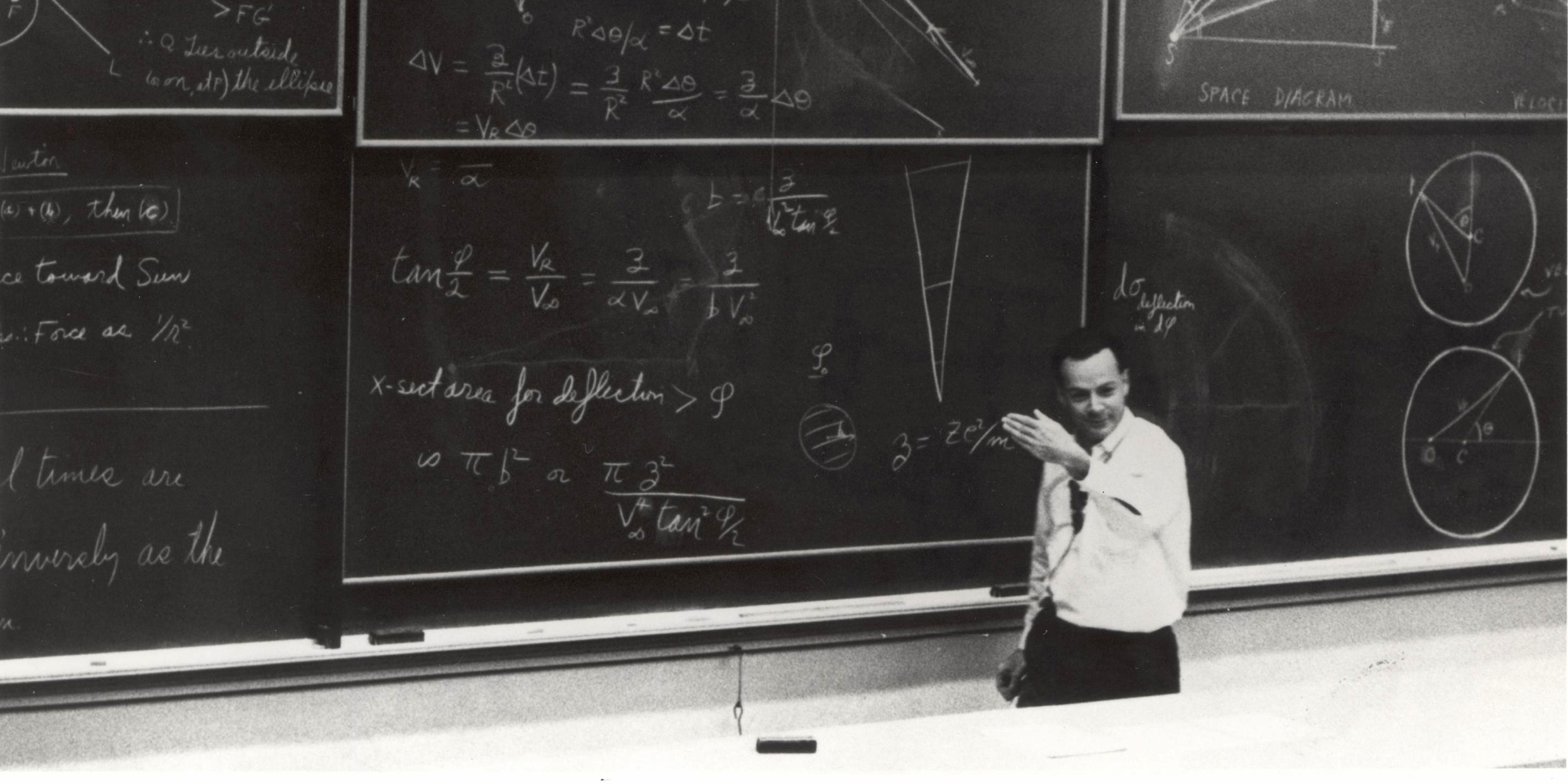Originally published 12 November 1990
“Ants do not play.”
That’s what Harvard entomologists Bert Hölldobler and E. O. Wilson say in their monumental new work The Ants.
The two scientists define play as an activity that makes no immediate contribution to survival or reproduction. Apparently, a few earlier observers of ant behavior thought they had seen ants engaging in some good-natured wrestling — horseplay, we’d call it. Not so, say Hölldobler and Wilson; what looked like play was really deadly combat.
Ants don’t play, but Hölldobler and Wilson do.
Science is humankind’s most sublime form of play. A lifetime spent observing ants certainly makes no immediate contribution to the survival or reproduction of entomologists. Entomologists observe ants because observing ants is fun — at least for them.
Oh yes, scientists will protest that what they do is serious and practical: Knowing about ants will help us protect our crops from insect pests, that sort of thing. Scientists who build superconducting supercolliders and Voyager spaceships are forever talking about technology spin-offs and economic bonanzas, but that’s just a smokescreen to justify the money society spends to support their fun. The high-energy particle physicists and planetary astronomers are really just playing, and don’t let anyone tell you differently. There is nothing more useless to the survival or reproduction of the human species than sub-atomic quarks or the rings of Uranus.
There’s no question that science’s offspring, technology, has enhanced our capacity to survive, and even our ability to reproduce. But pure science, as practiced at the highest level of the art, has no immediate interest in the merely useful.
Worlds of imagination
“Science is a wonderful thing if one does not have to earn one’s living at it,” said Albert Einstein. He knew that scientists play; he played with his equations the way a kid plays with a new toy. “Only when we do not have to be accountable to anybody can we find joy in scientific endeavor,” said Einstein. In other words: Keep the grown ups out of the room; us kids are having fun.
The play of children offers a world apart. Science, too, creates an imaginary world that goes beyond the immediate world of our senses, a world of make-believe that we can enter if we choose to play. Quarks, quasars, black holes, spinning strands of DNA, the rings of Uranus; these things are fairy tales. Yes, fairy tales of a particularly unarbitrary kind, but fairy tales nevertheless.
Ah, you protest: Surely what science seeks is reality, not fantasy? Yes, but so does all play. All play has rules. All play builds models of reality — dolls, Monopoly money, Lionel trains, the pieces on a chess board. Play is an escape from the workaday reality of surviving and reproducing into a higher reality, where a different kind of order reigns.
Science, like the games of children, is make-believe. Physics students who spend hours working problems with frictionless pulleys, weightless strings, and point masses are well aware that physics is a game of “let’s pretend.” Sure, scientific theories reflect reality (whatever that is), but only in an imperfect and sometimes arbitrary way. The fun of the game is trying to make the match between theory and reality more and more convincing.
Bringing order to an imperfect world
Johan Huizinga, the Dutch cultural philosopher who wrote Homo Ludens (Man the Player), said this of play: “Inside the playground an absolute and peculiar order reigns… [Play] creates order, is order. Into an imperfect world and into the confusion of life it brings a temporary, a limited perfection. Play demands order absolute and supreme. The least deviation from it “spoils the game,” robs it of its character and makes it worthless… [Play] is invested with the noblest quality we are capable of perceiving in things: rhythm and harmony.”
Huizinga’s description of play will sound familiar to any scientist. Change the word “play” to “science” and the passage still makes perfect sense.
All higher forms of play are based on repetition and alternation, says Huizinga; in other words, on rules and variation within the rules. The human mind rebels from too much constancy or too much chaos, preferring instead a balance of sameness and novelty. Endless variation within simple rules is the prescription for a perfect game. Pattycake. Ring-around-the-rosy. Blackjack. Chess. Baseball. Science.
Ants do not play. Cats and dolphins do play. Humans play most of all. The biggest, most elaborate human game pits playful minds against the universe itself. The game has nothing to do with making a buck or finding a mate. It’s called science. And it’s fun.



